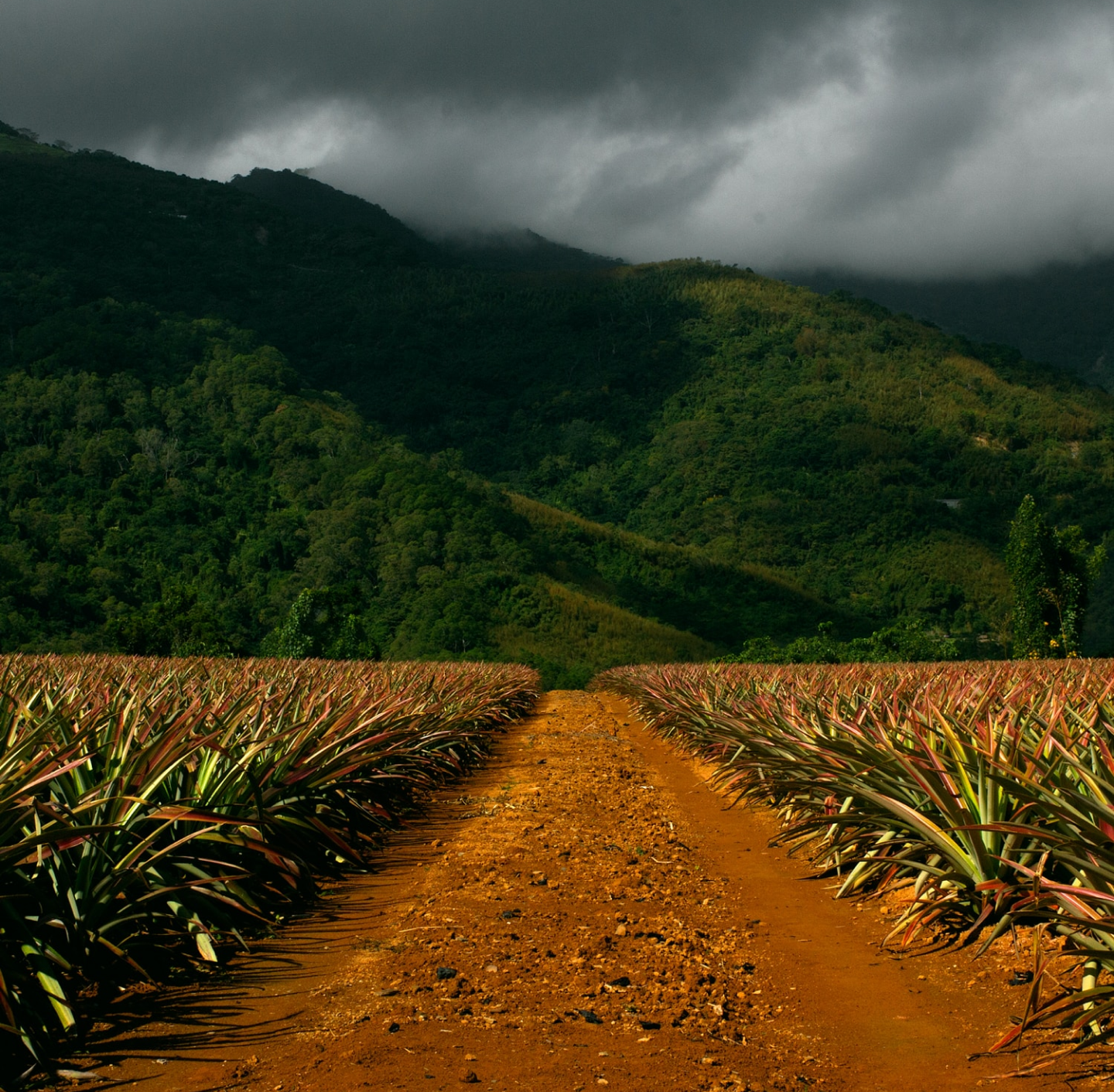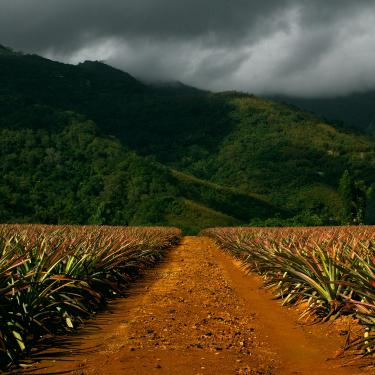Cooperation, Research and Innovation
Find out some facts and information about the cooperation, research and innovation taking place in this area.
On this page
Facts and information
International cooperation on climate change, together with research and innovation, is aimed at responding to international commitments to support developing countries within of the United Nations Framework Convention on Climate Change and the Paris Agreement.


International cooperation
Portugal cooperation efforts are channelled into areas where it has greater capacity to intervene and can achieve better results, taking into account its history, the priorities of the partner countries and the added value of its collaboration.
Portugal focuses its cooperation on different geographical contexts, dividing its attention into two main circles. The first circle is made up of the Portuguese-speaking African countries (PALOP) and East Timor. In a second circle, the focus is on countries and regions of strategic interest, namely in Africa, with a particular focus on North Africa and West Africa, as well as Latin America.
Cooperation for development
Portugal's development cooperation model is based on permanent intergovernmental collaboration between Camões – Instituto da Cooperação e da Língua, I.P. (Ministry of Foreign Affairs), as the coordinating entity, and the Ministry of Environment and Climate Action, as responsible for the thematic area.


Environmental Fund
Portugal uses various financial mechanisms to support its development cooperation, with a focus on environmental and climate-related initiatives. The Environmental Fund stands out as the most relevant financial mechanism.


Research and innovation
Research and development are key to combating climate change, driving innovation in sustainable solutions. The research carried out guarantees the knowledge and technologies needed to support climate action policies.
The National Innovation Agency encourages the creation of Collaborative Laboratories, entities focused on producing and sharing knowledge in areas such as climate action. In addition, it also promotes the creation of Technology Free Zones, spaces for testing, experimentation and innovation, where it is possible to carry out research and investigation in this field.


Agenda for research and innovation
The transition to a carbon-neutral society that is resilient to climate change is a priority. To this end, it is vital to boost developments in the area of adaptation, mitigation and risk management, based on the best technical and scientific knowledge available.
The research and innovation agenda dedicated to climate change establishes a strategic vision for national research and innovation in the field of climate change for the next decade.
Science of climate change
The Intergovernmental Panel on Climate Change (IPCC) plays a key role in carrying out comprehensive analyses of climate change science, serving as a reference for policy guidelines and support.


Development projects
Development projects are vital as practical demonstrations of sustainable solutions. These case studies inspire and enable other sites and/or agents to replicate these solutions, increasing the impact on reducing carbon emissions and driving the transition to a greener, more resilient future.
Science of climate change
The Intergovernmental Panel on Climate Change (IPCC) plays a key role in carrying out comprehensive analyses of climate change science, serving as a reference for policy guidelines and support.


Development projects
Development projects are vital as practical demonstrations of sustainable solutions. These case studies inspire and enable other sites and/or agents to replicate these solutions, increasing the impact on reducing carbon emissions and driving the transition to a greener, more resilient future.